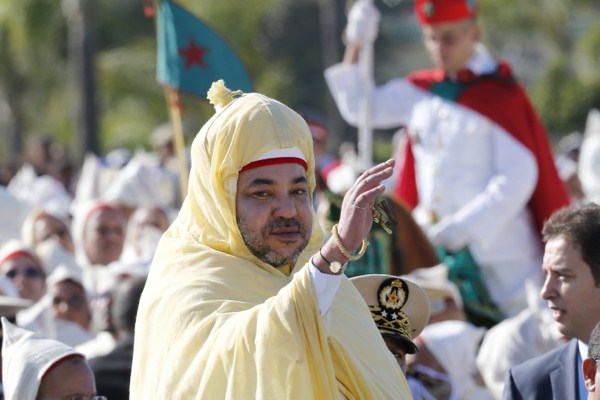Last week, Morocco announced that it would increase intelligence and military support to the United Arab Emirates, ramping up its involvement in the coalition against the so-called Islamic State (IS). This should come as no surprise, as Morocco has been the target of threats by IS, and is also keen to maintain its position as a reliable Arab partner and funding recipient for the United States and Gulf powers against terrorism. Morocco is technically part of the 60-nation U.S.-led coalition against IS, but is listed with the likes of Tunisia, Portugal, Mexico and others as having an unspecified commitment.
Beyond relations with the U.S., whose imprimatur has surely been placed on the Morocco-UAE agreement given its coordination with Gulf states against IS, the deal seems like a natural step given past economic and military agreements between Morocco and the Gulf. And in addition to financial links, Morocco has equally important ideological ties to the Gulf monarchies.
The military and intelligence pact comes after the Gulf Cooperation Council (GCC) invited its fellow Arab monarchies, Morocco and Jordan, to enter into a military alliance this past April. Morocco, Jordan and the GCC—with the notable exception of Qatar—have often quietly supported one another to stem domestic Muslim Brotherhood elements. The GCC, it seems, wants to evolve from a purely political and economic bloc to a Sunni royal axis. Last year, the GCC tried to get Morocco and Jordan to join, in a bid to cement relations among the only remaining Arab monarchies. In 2012, the GCC extended $5 billion aid packages to both countries, after having funneled economic assistance in 2011 following the Arab uprisings. While Sunni affinity and the preservation of fellow monarchies are often cited as drivers for mutual support, along with the rise of Iran and countering Shiite influence in the region, economic considerations seem increasingly relevant.

